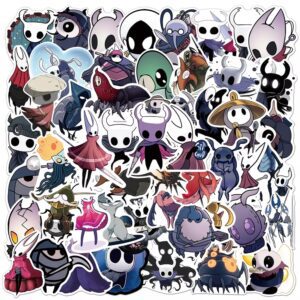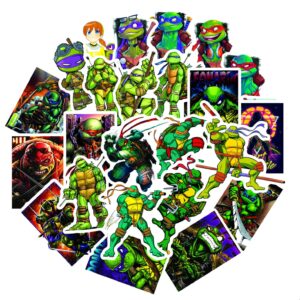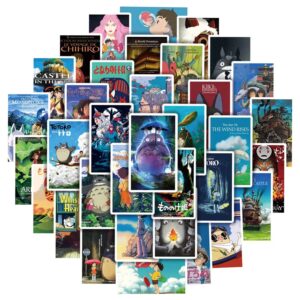In a groundbreaking move, the Gay & Lesbian Alliance Against Defamation (GLAAD) has released its inaugural report, shedding light on the State of LGBTQ Inclusion in Video Games. Developed in collaboration with the Nielsen Games Team, this report not only delves into representation and inclusion within the gaming industry but also explores the demographics of gamers themselves. Among its significant findings is the revelation that a staggering 17% of active gamers surveyed—equivalent to nearly 1 in 5—identify as LGBTQ.
Blair Durkee, GLAAD’s associate director of gaming, discussed the report’s implications and stressed the importance of diversity for the gaming industry. According to Durkee, this data underscores the increasingly diverse gaming audience’s desire to see their experiences reflected in the games they play. Furthermore, it serves as a clarion call for the industry to better engage with and represent this underrepresented community.
Durkee emphasized the passion within the LGBTQ gaming community, highlighting the significance of shared experiences and fandoms. He noted that gaming has evolved beyond mere gameplay, becoming a lifestyle that resonates deeply with the LGBTQ community.
However, the report also highlights a disparity in representation within games themselves. Only a meager 2% of games feature LGBTQ characters, lagging far behind other media forms. GLAAD’s previous studies on film and television representation show a stark contrast, indicating a pressing need for improvement within the gaming sphere.
The report also provides insights into the gaming habits of LGBTQ players, revealing their active engagement and dedication to gaming. They are more likely to spend significant time gaming across various platforms, particularly gravitating towards single-player experiences to avoid the harassment often encountered in online multiplayer settings.
Moreover, the report underscores the positive impact of representation within games. A significant majority of LGBTQ gamers expressed feeling affirmed when encountering characters that mirror their identities, with many advocating for more prominent LGBTQ storylines in games. Conversely, harmful or stereotypical depictions deter LGBTQ gamers from purchasing or playing certain titles.
Durkee emphasized the broader benefits of representation, noting that non-LGBTQ gamers also value diversity in gaming content. He urged the industry to recognize the indirect benefits of inclusion, appealing to developers to embrace representation as a means of enriching gaming experiences for all players.
Despite the strides made in LGBTQ representation, the report highlights ongoing challenges, including pervasive harassment and a perception among LGBTQ gamers that the industry fails to prioritize their needs. Durkee attributed this to a risk-averse mindset within the industry, emphasizing the business case for inclusive game development.
GLAAD President Sarah Kate Ellis echoed these sentiments, calling on the industry to address the growing demand for inclusive representation in games. The report serves as a wake-up call, urging stakeholders to prioritize diversity and create safer, more inclusive spaces within the gaming community.
In conclusion, GLAAD’s report underscores the transformative power of representation in shaping gaming culture. As the industry grapples with these findings, it must commit to fostering inclusivity and ensuring that all gamers feel seen, heard, and valued in virtual worlds.













